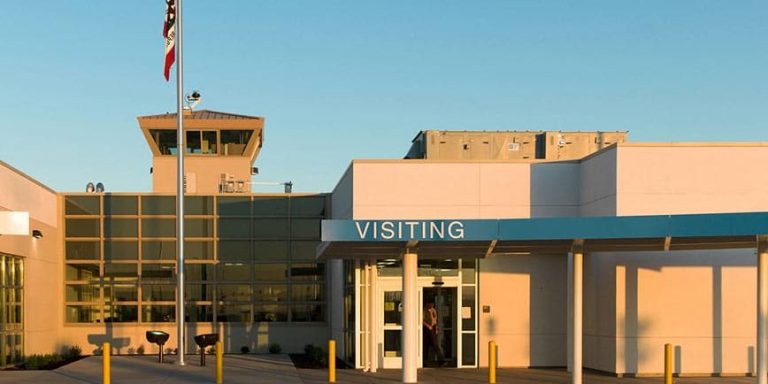
Baltimore Therapeutic Treatment Center
Our Expertise
The proposed Baltimore Therapeutic Treatment Center (TTC) is a state-of-the art, purpose-built facility that offers a comprehensive care model for delivering timely and quality mental health, medical, substance abuse, and social services. CGL is serving as the Design and Construction Consultant (DDC) for the Maryland Department of General Services. Over a ten year period CGL will manage the design, construction and development of operations for the new TTC.
The TTC fills an important void of continuity of care by providing alternatives to traditional incarceration models of jailing. The Deflection Center proactively engages people with behavioral health and social service needs, deflects them from the justice system, and reduces reliance on emergency services. It also assists in connecting people to community-based treatment and support.
The TTC will include a Centralized Inmate Release area and a wraparound Re-entry and Day Reporting Center. These transitional, re-entry, and aftercare services with the goal of enhancing people’s chances of success upon re-entry and resembling civilian life following release from the Pretrial Complex and community supervision.
The detention center is for individuals that cannot be deflected from the justice system altogether. At the TTC, they will receive comprehensive needs assessments, treatment planning, withdrawal management, and a full continuum of somatic and behavioral healthcare. The TTC re-imagines the City’s pretrial system and aligns cross-system resources with the behavioral and programmatic needs of the justice-involved population by providing medical and behavioral health assessments, stabilization, and treatment services with traditional detention functions.
As an extension of this project, CGL is preparing overall Master Plans for the State of Maryland Corrections complexes for the central part of the state. The Master plans are inclusive of long-term needs assessments, strategies for long-term facility replacements, and the addition of approximately 1,224 mental health/ behavioral beds and 756 general population beds.
Project Details
Baltimore, MD
Maryland Department of Public Safety and Correctional Services
350,000 SF
AEI
Falcon
Blackford LLC
Ellana Construction Consultants
McKissack & McKissack


